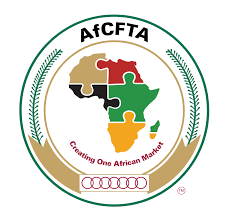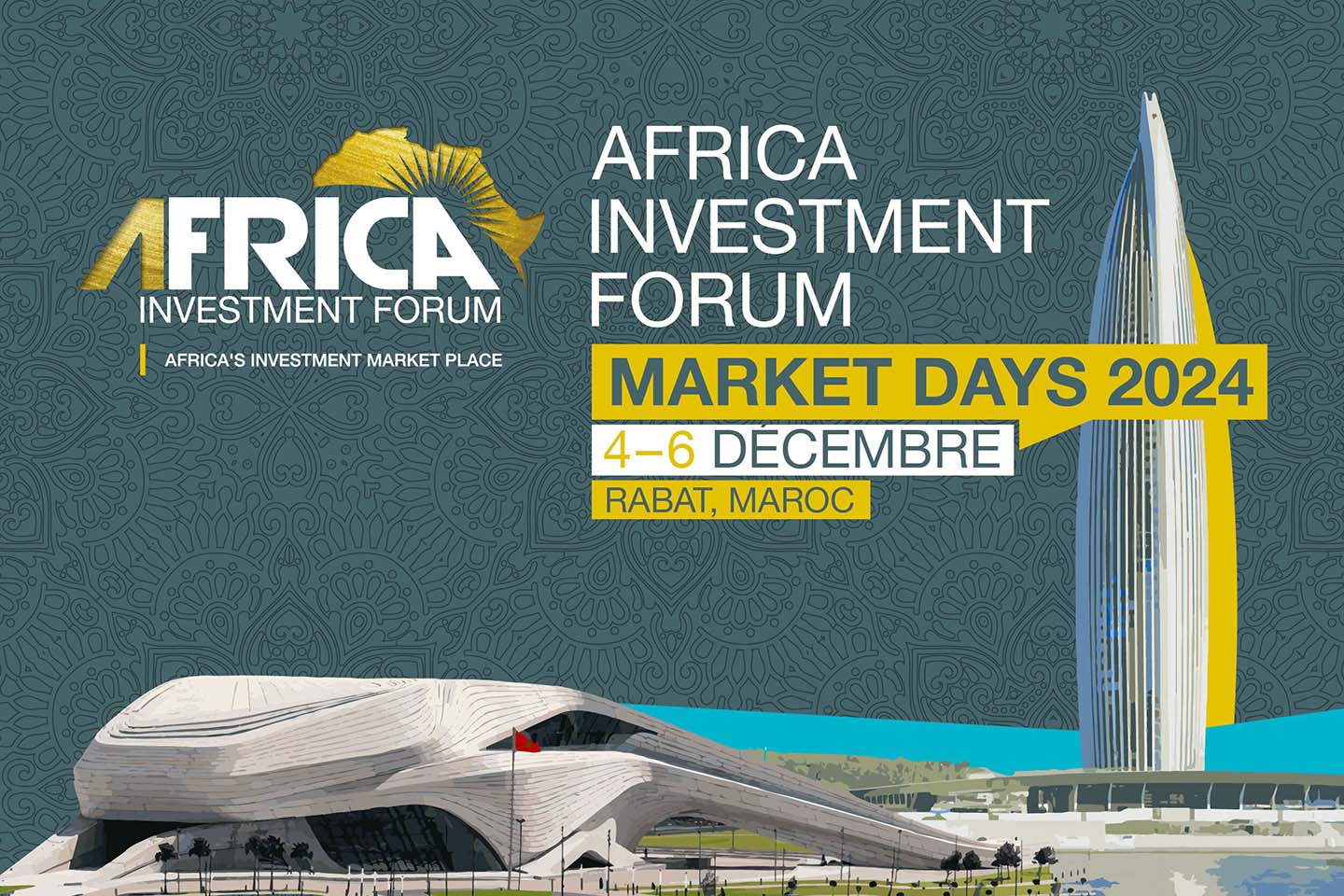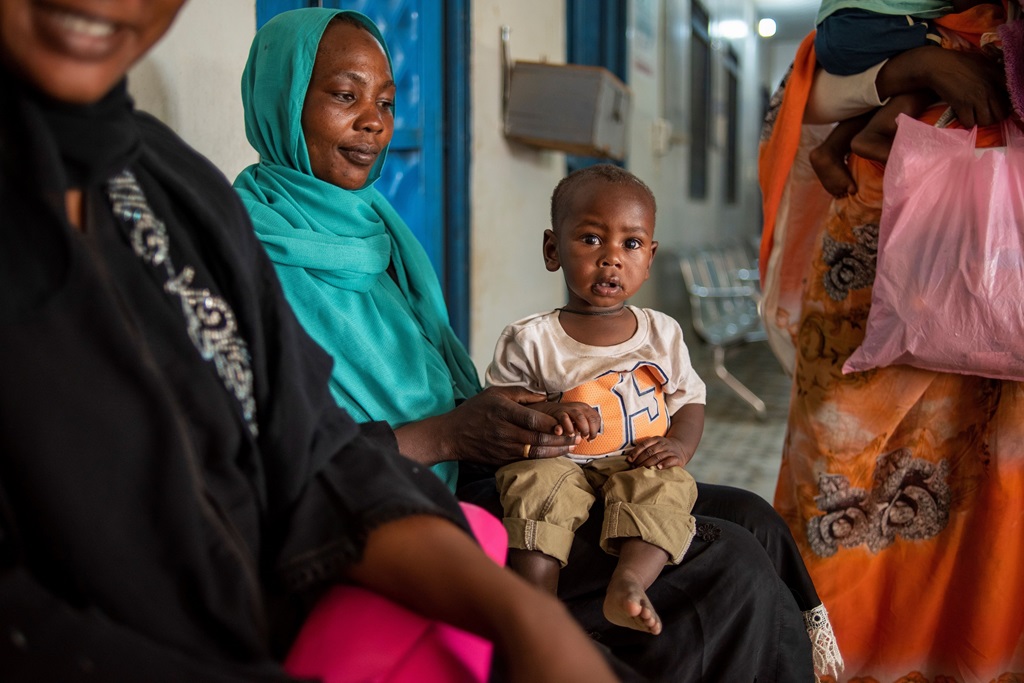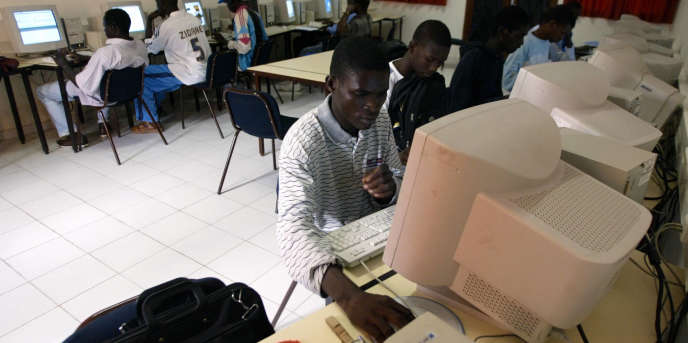The African Continental Free Trade Area (AfCFTA) market has been a long time coming, but several African nations and major companies have finally started shipping goods and trading a trickle of goods under the AfCFTA agreement signed in 2018.
Tanzania is one of the African countries that have decided to take part in a new initiative to kick-start intra-African trade. Coffee will be the first Tanzanian product to trade under the African Continental Free Trade Area (AfCFTA) market in July this year, the Minister for Investment, Industry and Trade, Ashatu Kijaji has said. Recently, the government announced that from July 1, it will start exporting ten types of products to the AfCFTA market for the country to benefit from an integrated African market of over 1.3 billion people. “We already have the first product that we will export first and that is coffee and we will not send it in raw form, we will send the finished product,” Kijaji said. Tanzania is among the first seven countries that were given priority to send products to the market and asked the business community to take advantage of this rare opportunity, the minister said.
Nigeria’s shoddy approach for the AfCFTA has been lamented by one of the country’s senior officials involved in the process, Lucky Amiwero, who said Nigeria lacks key tools of international process of trade facilitation. The components that make up an efficient port, which are also tools for trade facilitation, such as consistency; transparency and predictability are missing in the country’s maritime sector, Amiwero added. Time of clearing containers cannot be predicted as well as with the berthing of ships, which he said, is not consistent and transparent. “We operate one of the most terrible ports in the world, where it is not consistent,” Amiwero complained. “When you look at the port access roads, you cannot access the port, you still have to put agencies in the port at a very serious cost to check the inflow and outflow of cargoes in the ports.”



